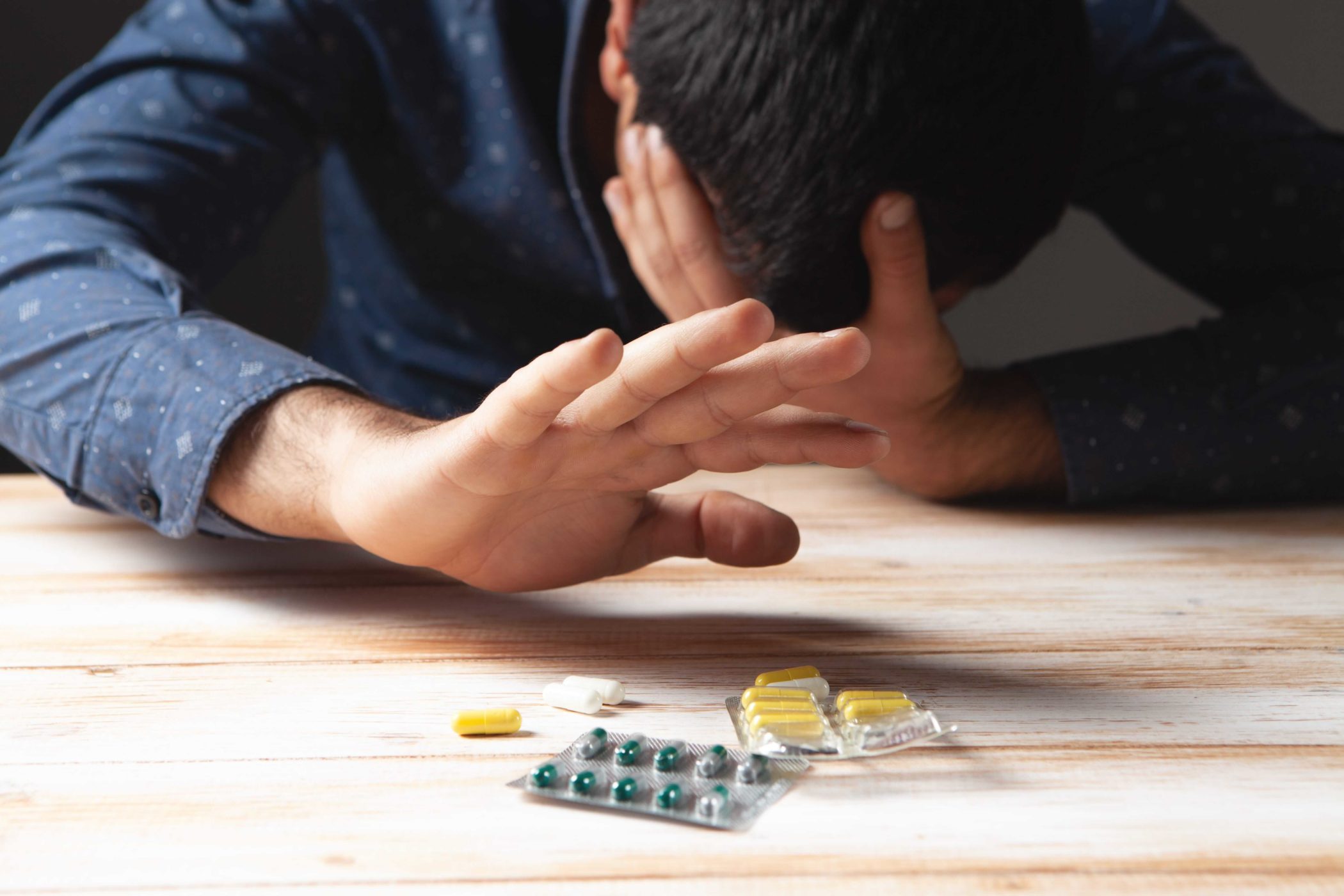
Recovery from drug addiction isn’t always a straight path. There are ups, downs and sometimes, setbacks. One of the most common and feared setbacks is relapse. But what is a relapse in drug addiction, really? Is it a failure or just a bump in the road? And most importantly, how can you recognize it and recover from it? Let’s break it down; simply, clearly and without judgment.
What is a True Relapse?
A true relapse in drug addiction refers to returning to substance use after a period of abstinence. It’s more than just a single mistake; it’s a sign that something within the recovery process needs to be reassessed. But it’s crucial to understand that relapse is not a sign of failure, it’s a signal. Like a red flag waving mid-journey, it often points to unresolved emotional struggles, unaddressed triggers or cracks in the current coping mechanisms. Before a full relapse occurs, many individuals go through stages such as a lapse, a one-time use that doesn’t evolve into a full return to old patterns. While lapses and relapses differ in intensity, both require attention and care. Recognizing them early can prevent a deeper fall back into addiction.
How to Find Out the State of Relapse?
Contrary to popular belief, relapse doesn’t begin with using again, it often starts much earlier. Subtle shifts in mood, thought patterns and behavior can quietly set the stage. This is why awareness plays such a critical role in long-term recovery. You might be relapsing emotionally or mentally if you begin withdrawing from support systems, skipping therapy sessions, feeling overwhelmed, anxious or emotionally numb. These quiet internal conversations can build into rationalizations that make relapse more likely. Recognizing these signs early is key to turning things around before substance use re-enters the picture.
Is Relapse Good or Bad?
It may feel counterintuitive, but relapse is not inherently bad. Of course, it presents challenges and risks, but labeling it as failure does more harm than good. When asking “Is relapse good or bad?” it’s important to understand that relapse is best viewed as part of the process, not the end of it. Think of it this way: when someone learning to walk again stumbles, we don’t say they’ve failed—we help them get up. Similarly, a relapse is a moment to pause, reflect, and understand what needs more attention. It becomes a valuable learning opportunity, helping identify what led to the setback so you can build a stronger foundation moving forward.
Is Relapse Permanent?
Absolutely not. It is a temporary phase, not a lifelong condition. Countless people in recovery have experienced relapses and still gone on to live healthy, fulfilling lives. What matters is not the setback but the response to it.
Recovery is a commitment you return to, again and again if needed. Each time you come back, you bring with you more insight, more self-awareness and more tools. At Maanavta, we believe that no matter how many times someone falls, they can rise again. Relapse is a chapter, not the final word.What is the Difference Between Recovery and Relapse?
The difference between recovery and relapse lies in intention and direction. Recovery is an active process. It involves choosing sobriety daily, building structure, attending therapy, cultivating emotional resilience and surrounding yourself with the right support.
Relapse, on the other hand, is a deviation from that path, a reversion to old behaviors, often triggered by emotional pain, lack of routine or mental health struggles. But it’s important to remember that relapse doesn’t cancel out the progress made in recovery. Instead, it reveals what parts of the recovery process need more support, adjustment or healing.

What Causes a Relapse?
Relapse is rarely caused by a single event. It’s usually a buildup of emotional, environmental and psychological triggers. Common causes include overwhelming stress, trauma, loneliness, depression or anxiety. Some individuals relapse due to overconfidence, believing they no longer need support or structure.
How Can You Prevent Relapse?
While relapse is common, it is not inevitable. With the right tools, mindset and support, it is absolutely possible to stay grounded in recovery. Prevention starts with self-awareness and a willingness to ask for help.
Stick to Your Support System
Regular therapy sessions, group meetings and honest conversations with loved ones keep you anchored.
Know Your Triggers
Identifying situations, thoughts or people that lead to cravings helps you prepare and respond rather than react.
Develop Healthy Coping Mechanisms
Creative expression, exercise, mindfulness and volunteering are powerful alternatives to destructive habits.
Maintain a Structured Routine
Routine brings predictability, purpose and focus; three key elements to sustaining sobriety.
Ask for Help Early
The sooner you speak up, the easier it is to redirect and regain momentum. There is no shame in needing support, only strength in seeking it.
Read more : Why Do Addicts Relapse When Things Are Good?
A Message of Hope: You Can Recover from Relapse
If you or someone you love has relapsed, please know this, you are not broken. You are not starting over. You are simply continuing the journey, with more insight than before.
At Maanavta, a trusted psychiatry and deaddiction centre in Dehradun, we understand that recovery is deeply personal and sometimes difficult. That’s why we offer a compassionate, supportive space for individuals to heal, reflect and grow.
Our expert-led programs include relapse prevention, trauma therapy, mental health support and personalised care.Read more about Drug Addition : Maanavta: 15 Methods to Overcome Alcohol & Drug Addiction

